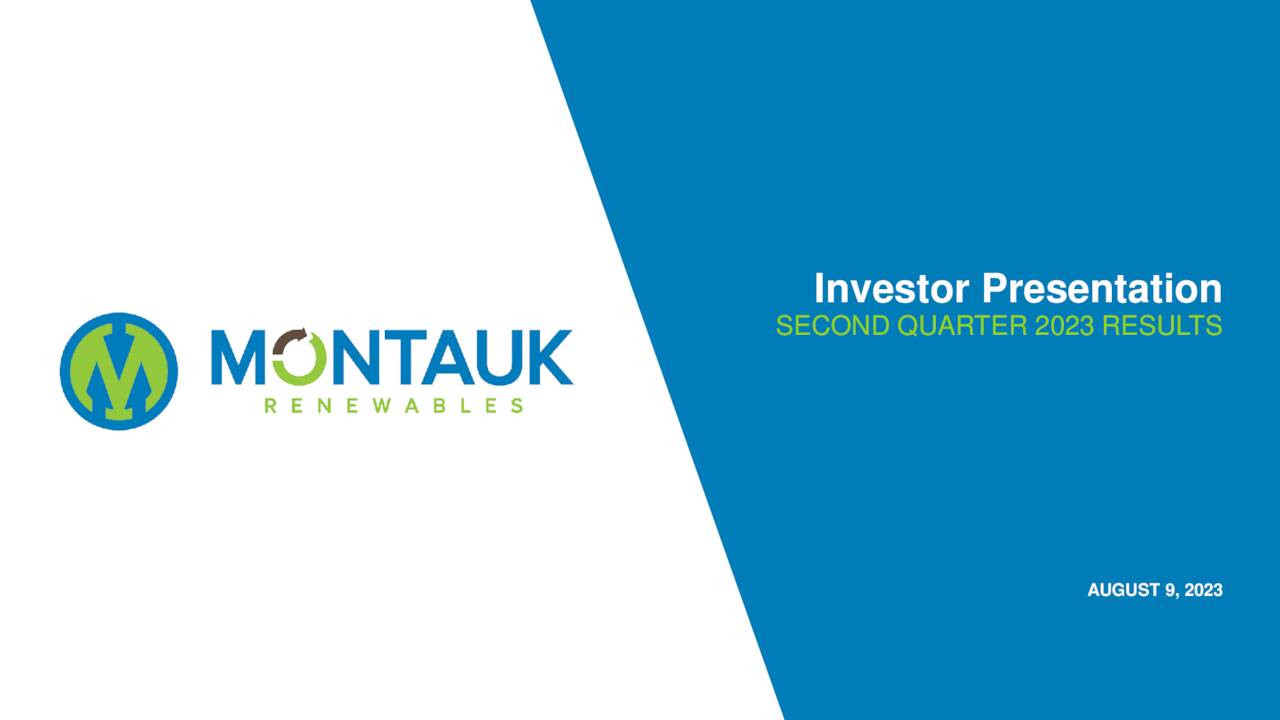Ethanol's Future: The 45Z Tax Credit and the Debate Over Domestic Feedstocks
The ethanol industry is facing a pivotal moment as the 45Z Clean Fuel Production Credit takes center stage. While the credit offers a significant financial incentive to boost the production of clean fuels, a debate has emerged over whether to limit its benefits to fuels derived from domestically sourced feedstocks.
This debate has far-reaching implications for the ethanol industry and the future of renewable energy in the United States. Proponents of restricting the credit to domestically produced feedstocks argue that it would protect American jobs and bolster the domestic agricultural sector. Opponents, however, contend that such a restriction would stifle innovation, limit access to cost-effective feedstocks, and hinder the overall growth of the biofuels sector.
Navigating the 45Z Tax Credit: A Complex Landscape
The 45Z Clean Fuel Production Credit, introduced as part of the Inflation Reduction Act of 2022, aims to incentivize the production of clean fuels by offering tax credits based on the amount of greenhouse gas emissions reduced compared to conventional fuels. The credit is designed to stimulate investments in technologies and infrastructure that can facilitate the production of low-carbon fuels.
However, the credit's implementation has been met with challenges, including the need for clear guidance and regulations to ensure its effectiveness and prevent unintended consequences. One major point of contention is the eligibility criteria for the credit, particularly regarding the origin of feedstocks used in fuel production.
Domestic Feedstocks: A Key Point of Debate
The debate over the use of domestic feedstocks in ethanol production has been a long-standing one, with strong arguments on both sides. Those advocating for the use of domestic feedstocks highlight the benefits of supporting American agriculture and creating jobs within the country. They argue that utilizing domestic crops for fuel production strengthens the agricultural economy, enhances food security, and reduces reliance on foreign imports.
However, proponents of a more open approach to feedstock sourcing contend that restricting the use of imported feedstocks would limit access to cost-effective and readily available resources. They argue that such a restriction would hinder the development of innovative technologies and processes that could lead to the production of more sustainable and affordable biofuels.
A Balancing Act: Balancing Domestic Interests with Global Innovation
Finding a balance between promoting domestic interests and fostering innovation within the biofuels sector is a complex challenge. While supporting American farmers and jobs is crucial, it is equally important to ensure the industry has access to a diverse range of feedstocks that can facilitate cost-effective and sustainable fuel production.
The Future of Ethanol: A Crossroads
The outcome of this debate will have a significant impact on the future of the ethanol industry. If the 45Z credit is restricted to domestically produced feedstocks, it could potentially stifle innovation and limit the sector's growth. Conversely, a more open approach to feedstock sourcing could enable the industry to embrace new technologies and expand its reach, contributing to a cleaner and more sustainable energy future.
As the industry navigates this complex landscape, it is essential to engage in open dialogue and find solutions that balance economic interests with environmental sustainability. The outcome of this debate will ultimately determine the course of the ethanol industry and its role in shaping a cleaner and more sustainable energy future.


















